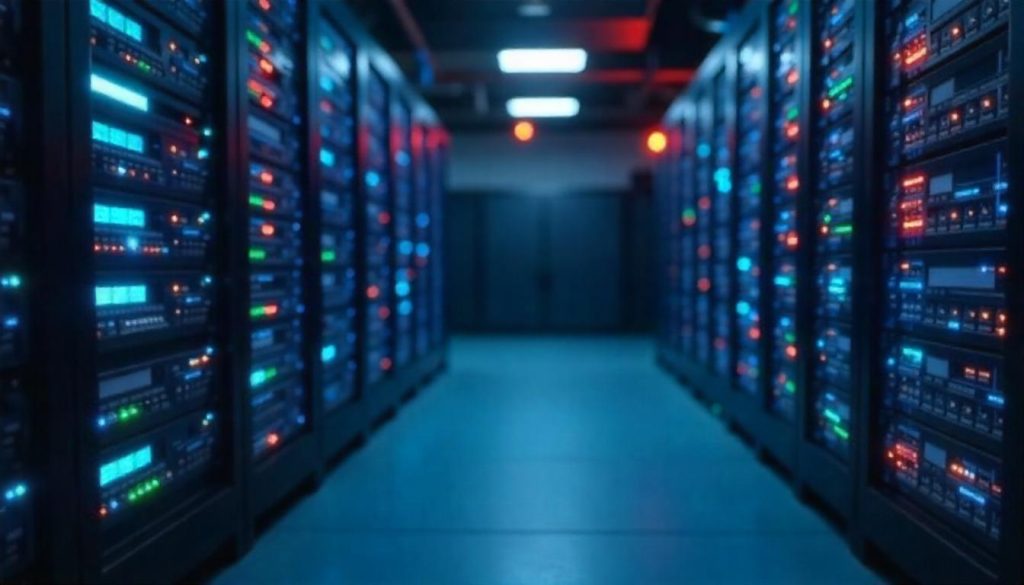In a world where connectivity powers everything—from homes to entire smart cities—the role of a network engineer has never been more critical. But the game is changing. The skills that once got network engineers through the door five years ago might not be enough in 2025.

As technologies like cloud computing, zero trust security, AI-driven networks, and edge computing evolve, the expectations from network professionals are shifting rapidly. If you’re planning to step into the world of networking—or stay relevant in it—these are the essential skills every network engineer must master in 2025.
1. Strong Grasp of Networking Fundamentals (Still Relevant)
While trends and technologies change, the basics never go out of style. Understanding networking protocols like TCP/IP, DNS, DHCP, and routing protocols (OSPF, BGP, EIGRP) remains essential. Think of it this way: You can’t build a skyscraper without a strong foundation. Whether you’re configuring a router or troubleshooting a cloud network, core concepts are your toolkit.
2. Proficiency in Cloud Networking (AWS, Azure, GCP)
The cloud isn’t a future trend anymore—it’s the present reality. By 2025, almost every medium to large organization will run hybrid or fully cloud-based infrastructures. That means network engineers must know how to configure virtual private clouds (VPCs), load balancers, VPNs, and direct connects in platforms like:
-
Amazon Web Services (AWS)
-
Microsoft Azure
-
Google Cloud Platform (GCP)
Certifications like AWS Certified Advanced Networking or Azure Network Engineer Associate are excellent stepping stones.
3. Network Automation and Scripting
Gone are the days when every change was made manually. In 2025, automation is king. Companies expect network engineers to automate routine tasks like device provisioning, configuration, monitoring, and updates using tools such as:
-
Python (most preferred scripting language)
-
Ansible
-
Terraform
-
Cisco NSO
This doesn’t mean you need to become a software developer. But being able to read and write scripts that save time and reduce errors is a massive plus.
4. Zero Trust Security Knowledge
As cyberattacks become more sophisticated, network security is no longer optional—it’s baked into the network design. Understanding Zero Trust Architecture (ZTA) is crucial. In a Zero Trust model, no user or device is automatically trusted, even if it’s inside the network. Network engineers in 2025 must know how to:
-
Segment networks effectively
-
Implement identity-based access controls
-
Use MFA, SSO, and endpoint detection tools
-
Secure APIs and cloud services
Knowledge of platforms like Zscaler, Palo Alto Prisma, and Cisco Duo can be a big advantage.
5. Mastery of SD-WAN and SASE
The traditional MPLS approach is giving way to more agile, cloud-friendly solutions like Software-Defined Wide Area Networking (SD-WAN) and Secure Access Service Edge (SASE). These technologies help organizations deliver faster, more secure, and more cost-effective connectivity across branches, remote sites, and the cloud. If you haven’t already, it’s time to get hands-on experience with SD-WAN tools from:
-
Cisco Meraki
-
Fortinet
-
VMware VeloCloud
-
Aryaka
Understanding SASE and how it blends networking and security in the cloud is also vital.
6. Soft Skills: Communication, Collaboration, and Problem-Solving
It’s not all cables and CLI. Soft skills are increasingly valued in networking roles. Engineers now work cross-functionally with developers, security teams, and cloud architects. This means you need to:
-
Explain technical concepts in plain English
-
Collaborate using tools like Slack, Teams, and Jira
-
Stay calm and think logically under pressure
Being a “people person” in a traditionally tech-heavy field gives you a unique edge.
7. Understanding of Edge Computing and IoT
By 2025, the world will have tens of billions of connected devices—from smart watches to autonomous vehicles.
That’s where edge networking comes into play. Network engineers should understand how to:
-
Connect and manage IoT devices
-
Reduce latency through edge data centers
-
Apply appropriate security at the edge
Edge computing is redefining the network perimeter, and engineers who can design for distributed environments will be in high demand.
8. Experience with Network Monitoring and Observability Tools
In a complex environment with hybrid and multi-cloud architectures, you can’t fix what you can’t see.
That’s why monitoring, logging, and visibility are crucial. Familiarity with tools like:
-
SolarWinds
-
Nagios
-
Wireshark
-
Cisco DNA Center
-
ThousandEyes
…can help you proactively troubleshoot, monitor performance, and maintain uptime.
Observability isn’t just about alerts anymore. It’s about deep insights, anomaly detection, and even using AI/ML to predict failures.
9. Cybersecurity Awareness and Incident Response
More network engineers are now expected to act as first responders in cyber incidents. Having a solid grasp of cybersecurity best practices can’t be overstated.
By 2025, you should know how to:
-
Detect and mitigate DDoS attacks
-
Analyze logs for signs of intrusion
-
Understand SSL/TLS encryption, VPNs, and firewalls
-
Work alongside security operation centers (SOCs)
Consider pursuing CompTIA Security+, Certified Ethical Hacker (CEH), or even a CISSP if you lean toward security-heavy roles.
10. Commitment to Continuous Learning
The truth is, what you learn today may be outdated in a few years. That’s why the most essential skill for 2025—and beyond—is the ability to keep learning. Whether through:
-
Online platforms like Coursera, Pluralsight, or Udemy
-
YouTube channels and tech blogs
-
Vendor certification programs
-
Online communities like Reddit or Stack Overflow
…what matters is staying updated, staying curious, and embracing change.
Final Thoughts: Adapt or Fall Behind
Network engineering in 2025 isn’t just about plugging in cables or configuring switches. It’s a dynamic, evolving role that touches cloud, security, coding, and beyond. If you’re willing to adapt, learn, and innovate, there’s a bright future waiting for you. The demand for skilled network engineers is growing, but so are the expectations. So keep sharpening those skills, stay ahead of the curve, and embrace the exciting changes shaping the digital world.